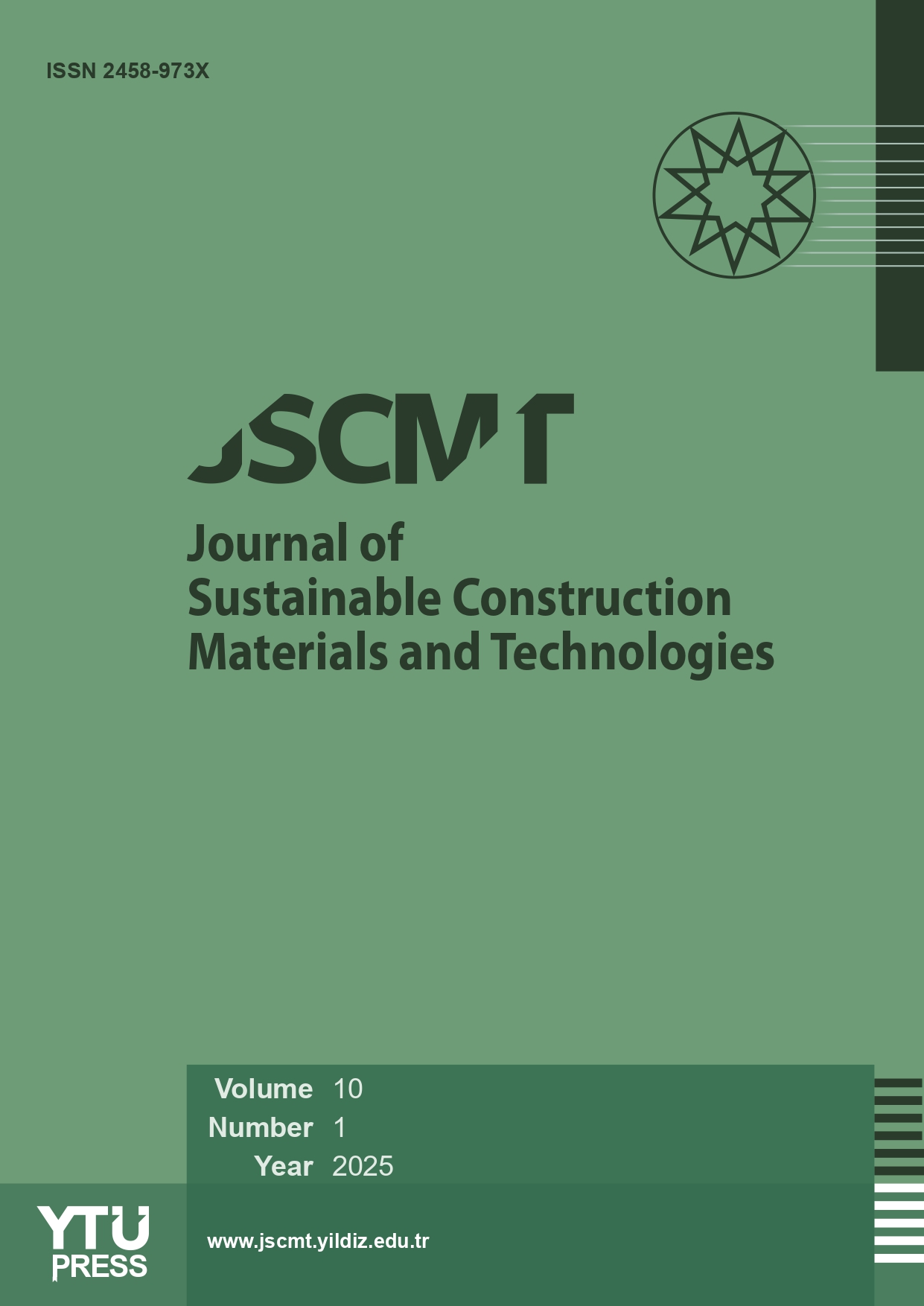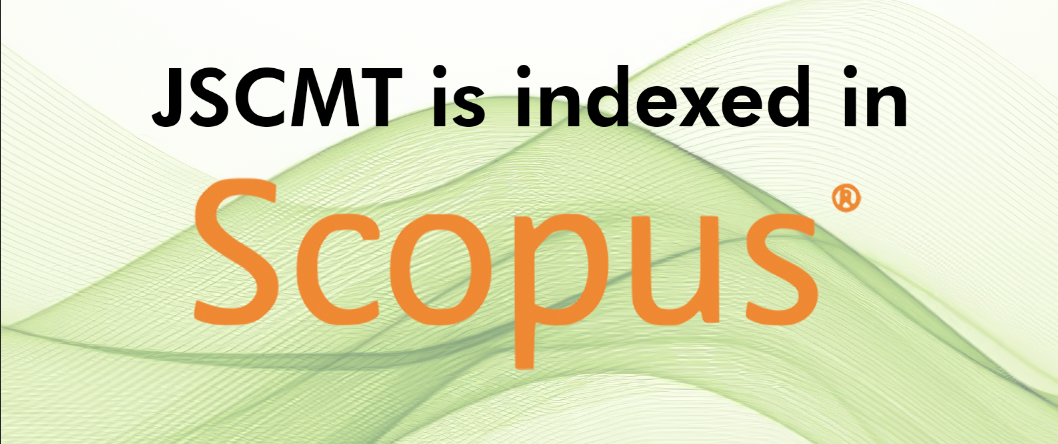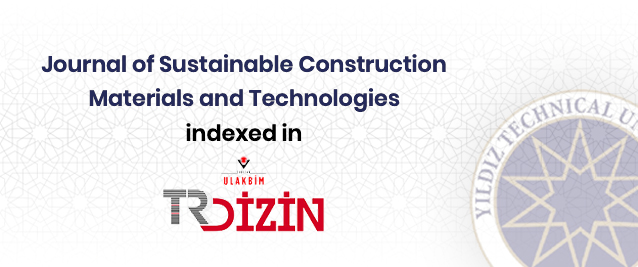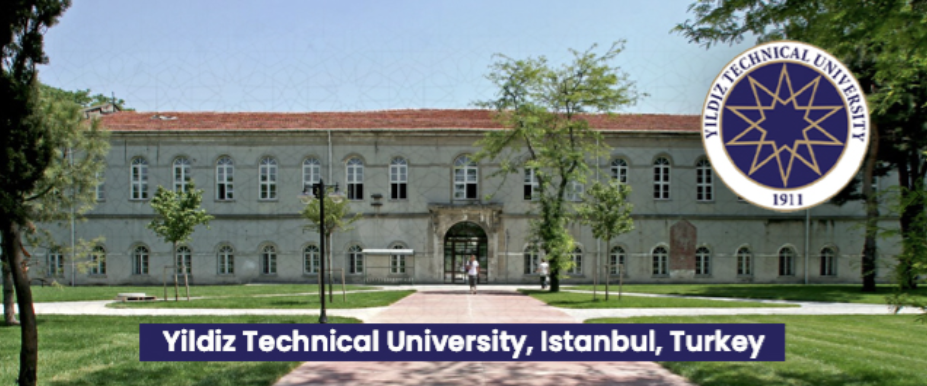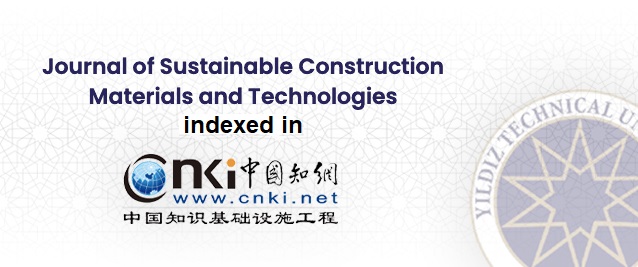Abstract
Prediction of strength in cement based materials is vital in construction industry as it forms the basis upon which important tasks can be performed such as the time for mortar form removal, project scheduling and quality control among others. The paper reports both experimental and simulated findings on compressive strength of laboratory prepared blended cement mortars. The blended cement was prepared by blending calcined clays with Ordinary Portland Cement (OPC) at replacement levels ranging from 35% to 50% by mass of OPC. In the experimental approach, mortars measuring 160 mm x 40 mm x 40 mm were cast using the blended cement at a water to cement (w/c) ratio of 0.40, 0.50 and 0.60 separately and cured for 2, 7 and 28 days in a laboratory set-up. Compressive strength measurements were taken at each of the curing ages. Part of the experimental data obtained was used to train both Support Vector Machine (SVM) and Artificial Neural Network (ANN) models while the other was used in validation of the models. The trained models were used to predict the 28 day compressive strengths at w/c of 0.35 and 0.65 and also at a cement replacement of greater than 50% and also less than 35 %. The results showed that in training and testing, ANN exhibited stronger potential for predicting compressive strength at w/c of 0.35 and w/c of 0.65 than SVM. In addition, ANN was further found to give more accurate prediction of compressive strength than SVM at all the percentage replacement ranging from 0-60 % with calcined clays. In conclusion, the testing performance of both SVM and ANN was 0.88 and 0.95 respectively.


